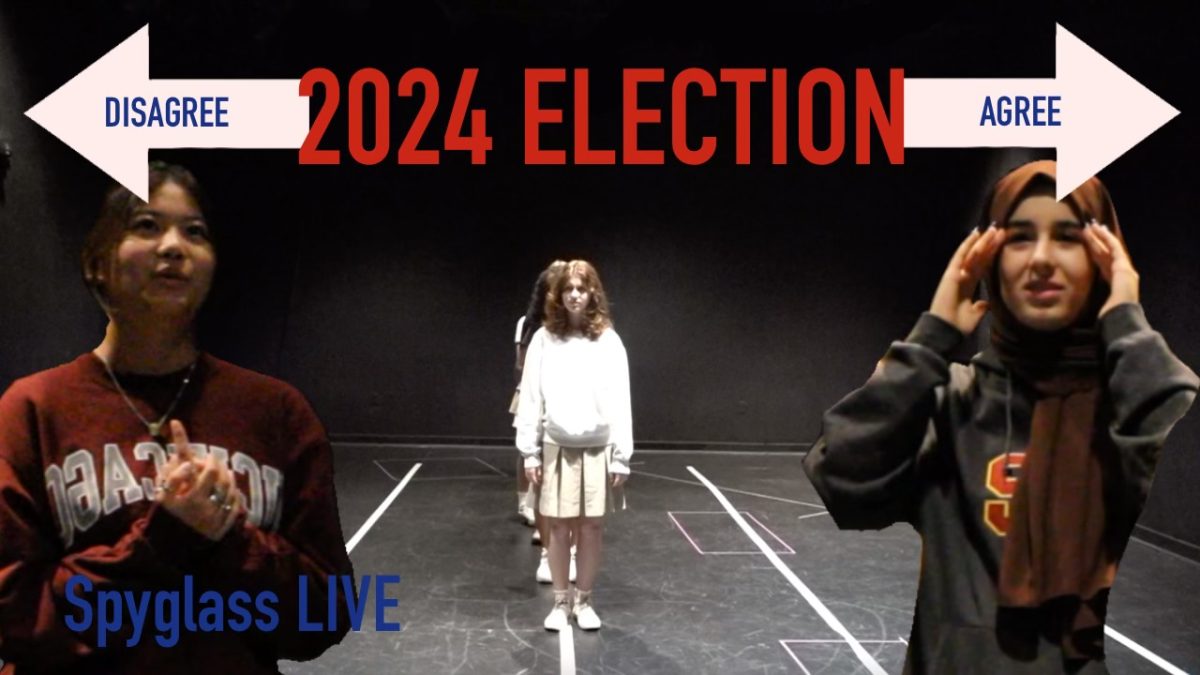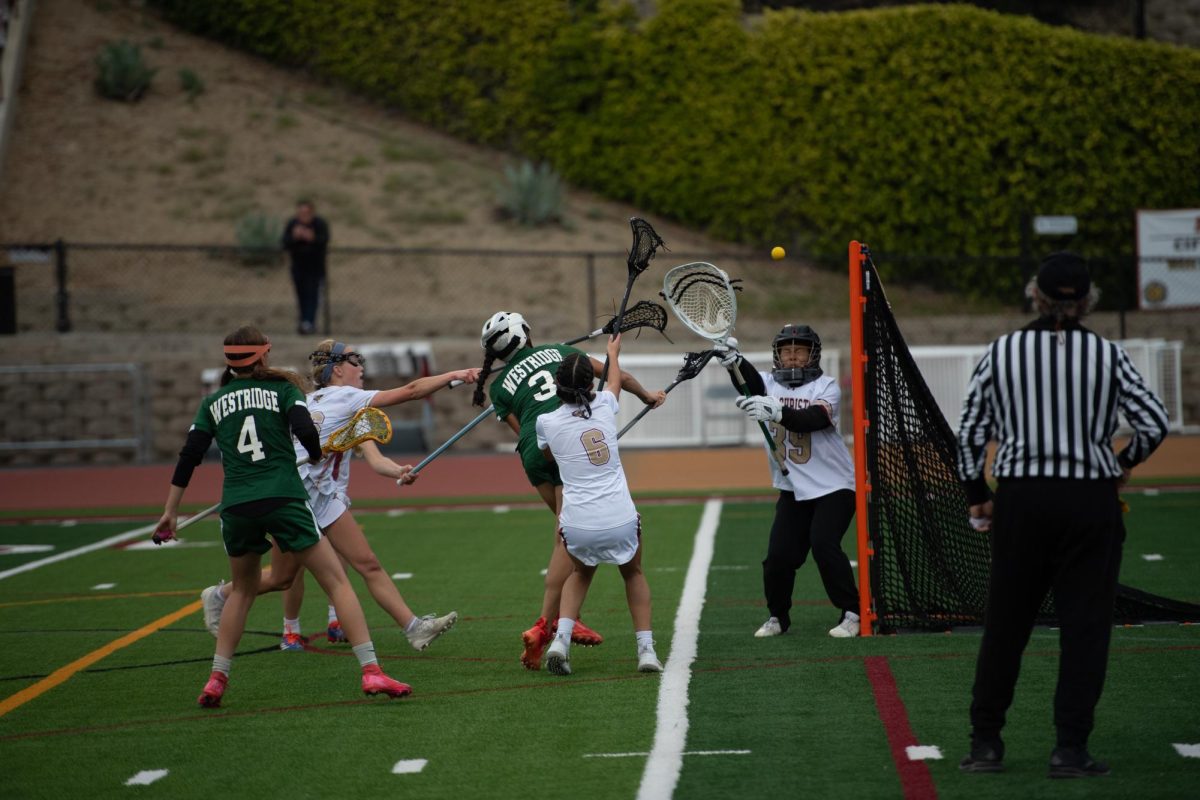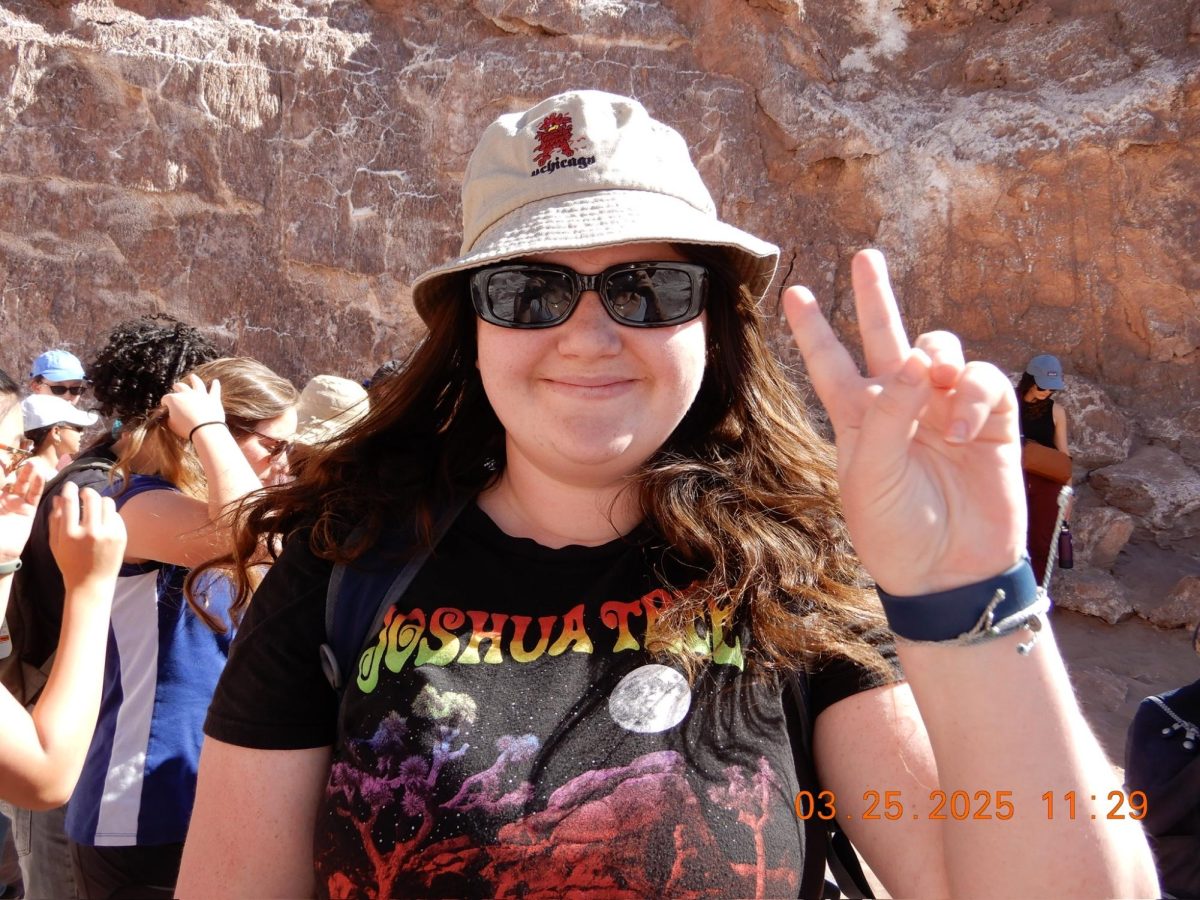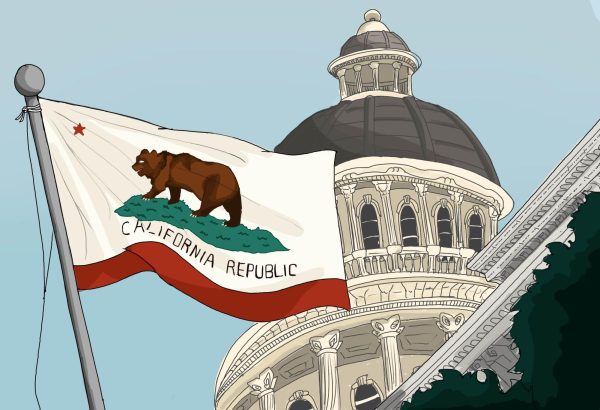Critical Race Theory Meets Opposition In State Legislation
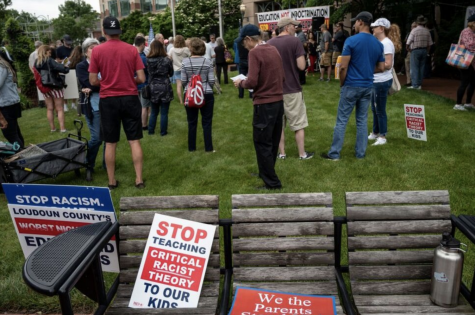
The battle lines of critical race theory in schools have been drawn in the last months as states with no laws restricting critical race theory (CRT), such as California, New Mexico, and New York, begin teaching CRT to students while other states pass legislation to ban its teaching in schools.
According to the National School Boards Association (NSBA), “Critical race theory (CRT) is a framework of legal and academic topics that examine social, cultural, and legal issues related to race and racism.” In other words, the theory argues and teaches that racial bias is ingrained in U.S. institutions and laws. Opponents of CRT argue that it unfairly places blame on White students for past events and stokes racial division. Proponents of CRT believe that it is crucial to educate students about topics such as race and racism.
Battles Within School Districts
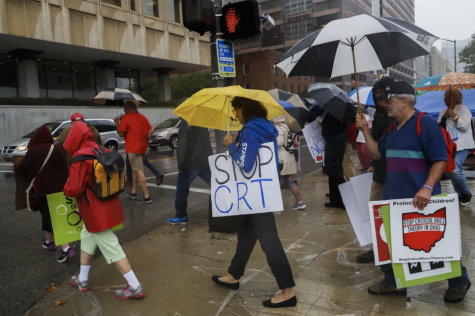
Once Gladwyne Elementary School in Philadelphia began teaching students about racism and privilege, Elana Yaron Fishbein, whose children attend the school, took action against such teachings.
Fishbein said that CRT was simply a “plan to indoctrinate the children into the ‘woke’ culture.”
In response, the district explained that the lessons were not only age-appropriate but also did not shame students by any means.
Opponents of CRT frequently quote Martin Luther King Jr.’s appeal for people to be judged by the “content of their character” rather than the color of their skin.
Conservatives have pointed out instances like one in Cupertino, California where third-graders at an elementary school were instructed to label their own power and privilege in an “identity map.” Additionally, a large handful of schools have recommended that students should read Not My Idea, a children’s book that defines racism as “a white person’s problem and we are all caught up in it.”
One of the criticisms of CRT is that White students are made to feel guilty for things they haven’t done. Additionally, some critics believe that CRT labels Black students as victims. CJ Pierson, a conservative activist and political advisor at the University of Alabama, said, “As a Black college student, I’m certainly not paying to sit in a classroom and be told that I’m a helpless victim — that regardless of how hard I try, or how hard I work, it’ll never be enough because racism will always win.”
A Handful of States Have Banned CRT
A number of states have implemented legislation that is meant to ban critical race theory from schools. Idaho, Oklahoma, Tennessee, Texas, Iowa, New Hampshire, South Carolina, and Arizona have already passed legislation. However, these states, except Iowa, do not state “critical race theory” clearly in their legislation. Rather, the legislation prohibits discussions and training that perpetuate the idea that the United States is racist, along with discussions about bias, discrimination, oppression, and privilege.
Texas Governor Greg Abbott has signed a bill that advises how Texas teachers can discuss current events and America’s history of racism.
The bill says, “No teacher, administrator, or other employee in any state agency, school district, campus, open-enrollment charter school, or school administration shall be required to engage in training, orientation, or therapy that presents any form of race or sex stereotyping or blame on the basis of race or sex.”
Oklahoma Governor Kevin Sitt signed a similar bill, HB 1775, which prohibits schools from teaching students that racism is deep-rooted in the United States and continues to affect laws in the present.
Governor Sitt posted a video on Twitter where he explained the reasoning behind his decision. He said, “Now more than ever we need policies that bring us together, not rip us apart. He continued, “I firmly believe that not one cent of taxpayer money should be used to define and divide young Oklahomans about their race or sex.”
What Proponents Are Saying
Proponents of critical race theory explain that they have no intent of shaming White people for past events. Instead, they believe White people have the responsibility to take action against racism that impacts the lives of many on a daily basis.
Kimberlé Crenshaw, who coined the term intersectionality to describe the oppression Black women face, is a law professor at both UCLA and Columbia University, said, “Critical race theory is a practice. It’s an approach to grappling with a history of white supremacy that rejects the belief that what’s in the past is in the past and that the laws and systems that grow from that past are detached from it.”
Proponents also strongly believe that conservatives created the conflict about critical race theory in response to the Black Lives Matter movement. Paula Loanide, a professor of race and ethnicity at Ithaca College, stated, “This is a manufactured crisis by the political right in response to the Black Lives Matter movement.” She continued, “It’s a proxy for a debate that the country is reckoning with on the right and the left over the degree to which racism is alive and well.”
States, such as California, Massachusetts, and New York do not have any laws banning CRT from being taught. However, a handful of states including South Carolina, Wisconsin, and Missouri have a possible CRT ban in progress.





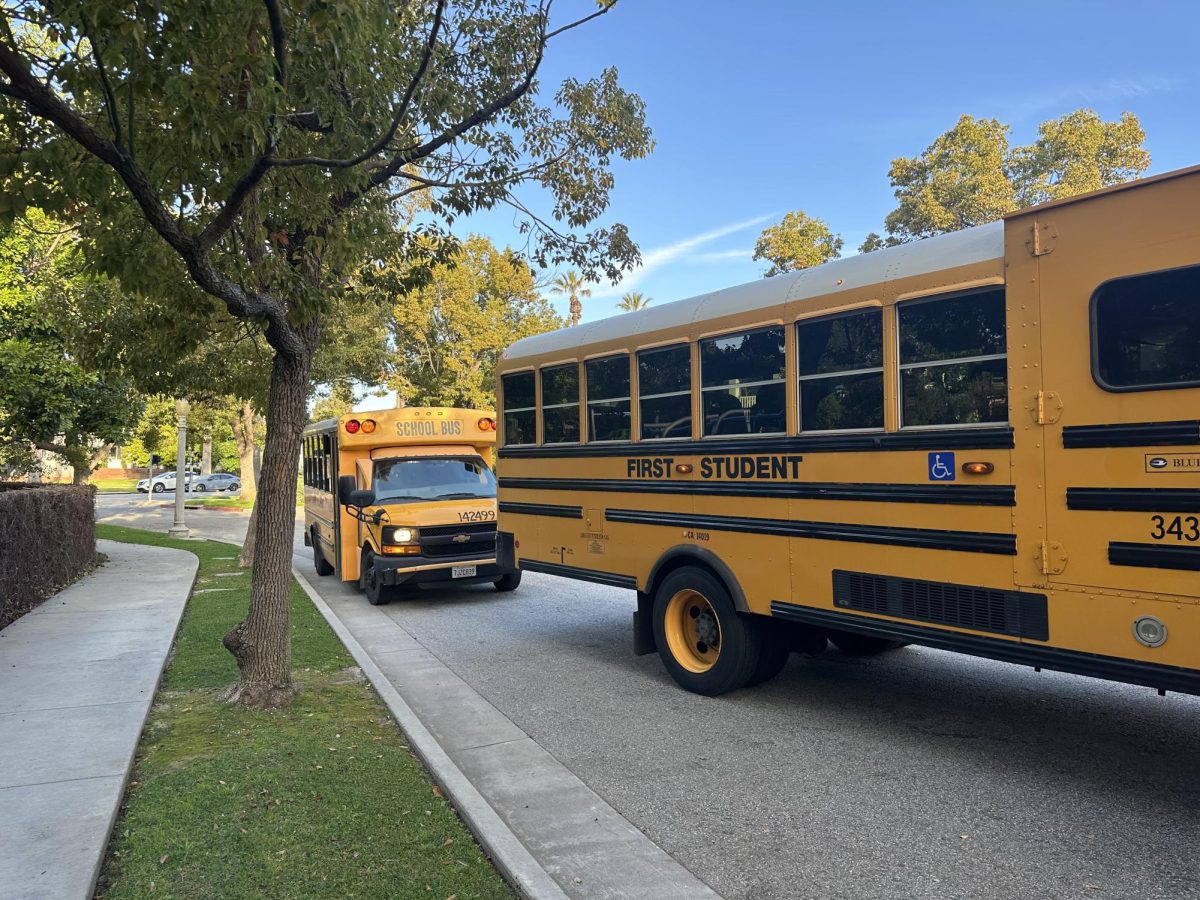











![Dr. Zanita Kelly, Director of Lower and Middle School, pictured above, and the rest of Westridge Administration were instrumental to providing Westridge faculty and staff the support they needed after the Eaton fire. "[Teachers] are part of the community," said Dr. Kelly. "Just like our families and students."](https://westridgespyglass.org/wp-content/uploads/2025/03/dr.-kellyyy-1-e1748143600809.png)






















